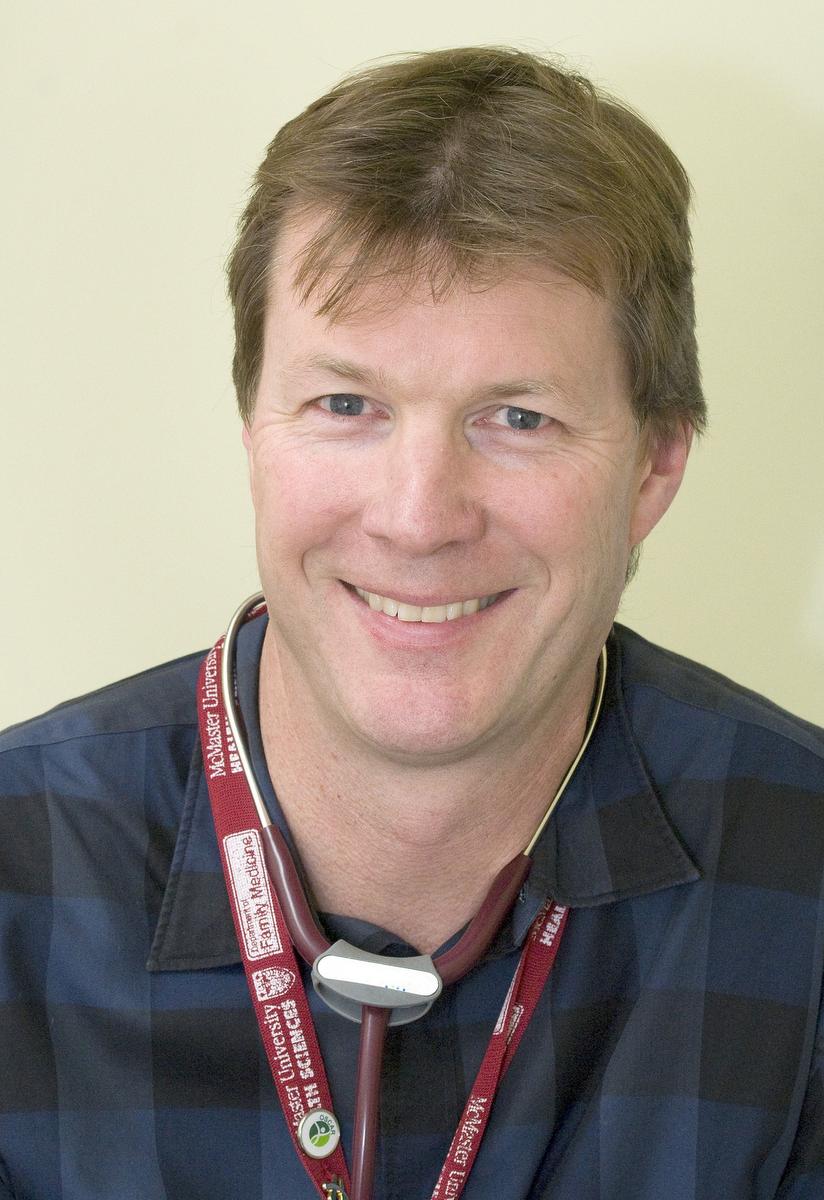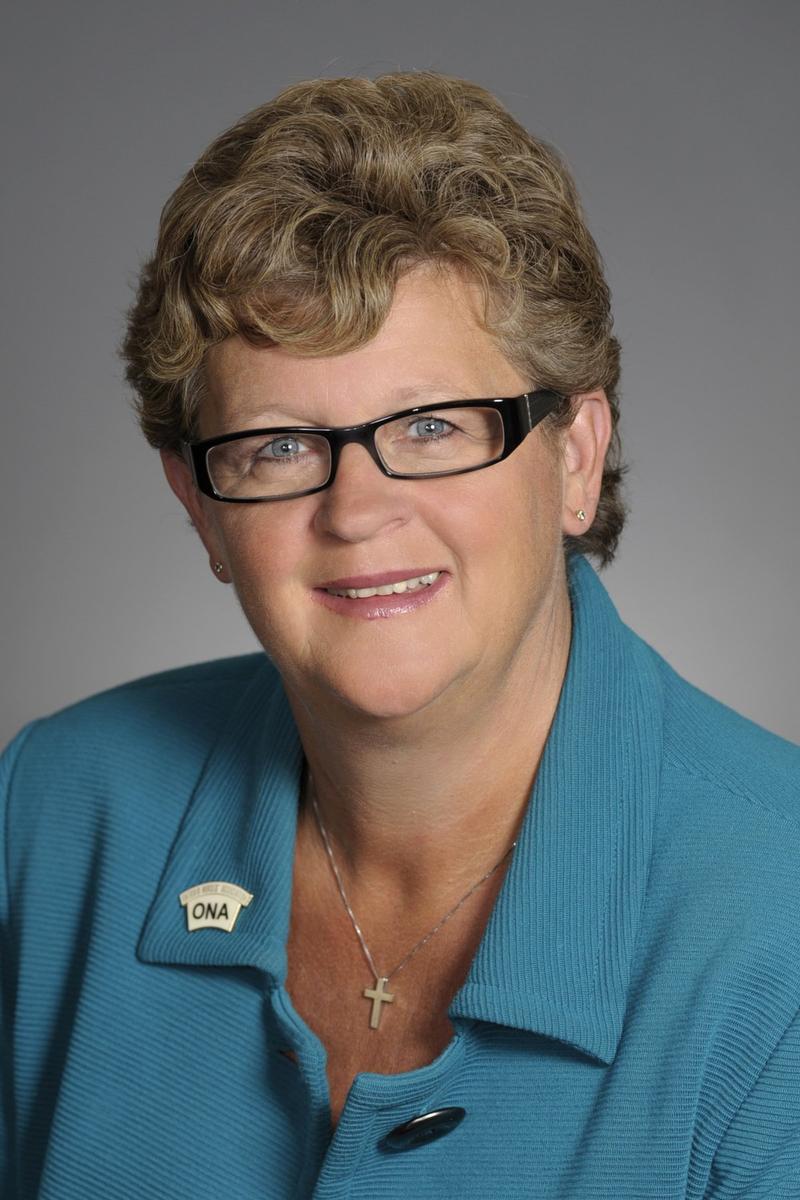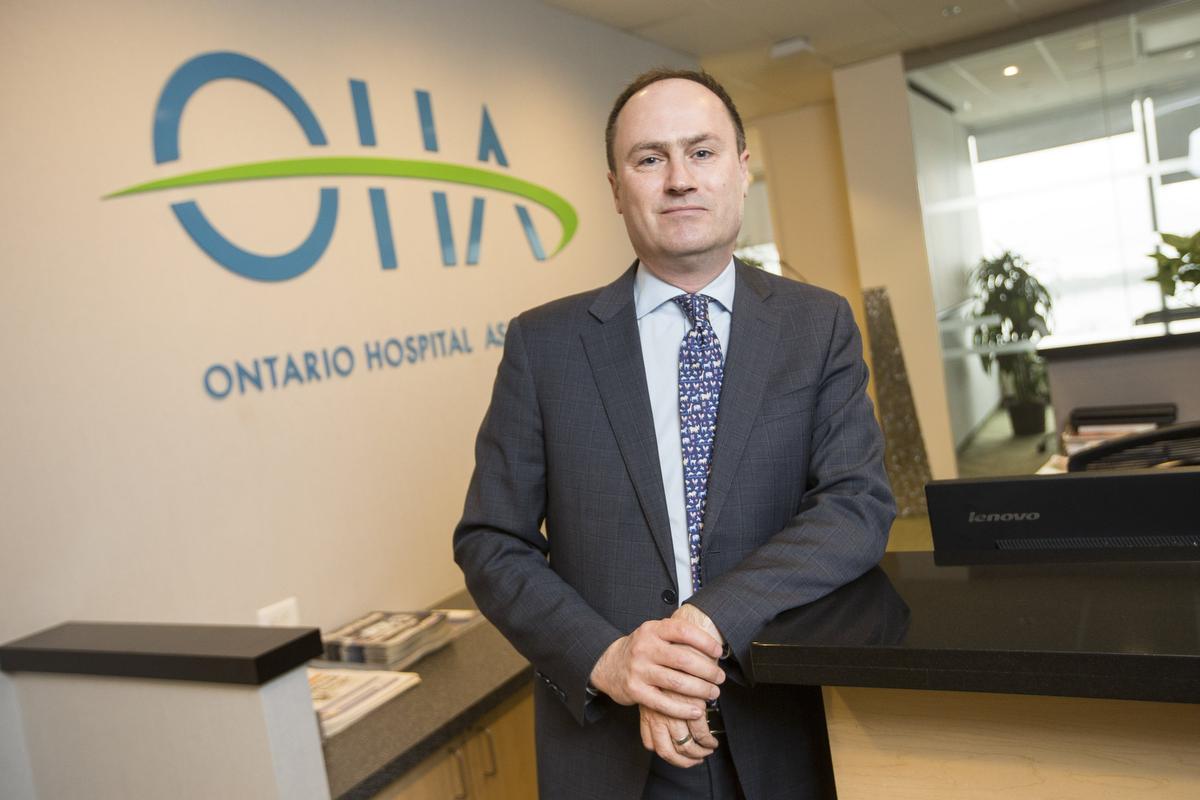Introducing Ontario’s new health care super power
Posted: July 25, 2019
(July 22, 2019)
By: Joanna Frketich, Grant LaFleche, Hamilton Spectator and St. Catharines Standard
14 regional health districts will be replaced by Ontario Health, a new agency which will oversee everything from hospital and home care to cancer care and family medicine.

Ontarians are tired of governments who are ‘tinkering around the edges’ of improving health care and ready for ‘transformational’ change, said Christine Elliott, Ontario’s health minister at the announcement of the super agency. – Randy Risling,Toronto Star file photo
Ontario has a new super power.Granted sweeping authority over the province’s health-care system, the agency dubbed Ontario Health is hailed by the government of Premier Doug Ford as the means to fix ballooning budgets and improve patient care.
But critics have blasted Ontario Health as an agency created in secret with unprecedented powers to shape the health care of millions of people.
As 14 regional health networks are dismantled to make way for Ontario Health, there is debate about whether the agency will wield its power for the good of Ontario’s aging population or wreak havoc on a health system already under strain.
“They have super powers far above and beyond anything other governments have had,” said Linda Haslam-Stroud, former longtime president of the Ontario Nurses’ Association.
The Progressive Conservative government says the super agency — which will oversee everything from hospital and home care to cancer care and family medicine — will reduce “back-office” costs by eliminating administrative duplication and prevent patients from falling through gaps created by a health-care system “locked in silos.”
“Too much time and attention is spent on maintaining a siloed and fragmented system,” said Health Minister Christine Elliott at the announcement Feb. 26. “And far too many people believe it is the patient’s — or the family’s job — to navigate this complicated system during what is already one of the most traumatic and stress-filled periods in their lives. That is just wrong.”
Ontarians are tired of governments who are “tinkering around the edges” of improving health care and ready for “transformational” change, she said.
The massive overhaul of the health-care system in Ontario came into effect June 6 under the Connecting Care Act. An investigation by The St. Catharines Standard and The Hamilton Spectator provides the most comprehensive coverage to date of the restructuring considered the biggest change since Medicare.
Under the plan, Ontario Health will absorb the 14 local health integration networks (LHINs) and six agencies: Cancer Care Ontario, eHealth Ontario, Trillium Gift of Life Network, Health Quality Ontario, HealthForceOntario and Health Shared Services Ontario. It will also oversee dozens of regional groups, called Ontario Health Teams, that will align health and social service organizations to work together to integrate services and help patients navigate the system.
“It’s a wrecking ball,” states a campaign by the Ontario Nurses’ Association that urges people to email their opposition to the premier, the health minister and their MPP.

“We have a new super agency, which we don’t understand the purpose of, we don’t understand the leadership of,” said Bob Bell, the former Ontario Liberal deputy health minister. | Supplied photo
Other critics, like former Liberal deputy health minister Dr. Bob Bell, say the transformation “is happening too fast and without focus.”
As a result, Ontario Health, and the subordinate teams, is an expensive “worst of all worlds,” said Bell.
“We have a new super agency, which we don’t understand the purpose of, we don’t understand the leadership of, we don’t understand what the goals of the organization are, and we are maintaining the regional health authority model. So, it seems to me we are lumping up bureaucracy more not less,” he said. “You’re not saving money through that means whatsoever.”
Bell said super health agencies in other provinces — Nova Scotia, British Columbia and Alberta — have been “colossal failures.”
In Nova Scotia, the provincial government held hearings in February about worsening patient-flow problems, including long wait times. The B.C. super agency “can’t keep a CEO,” Bell said, pointing to the recent resignation of the agency’s leader. And in Alberta, a decade after it created a super agency, health-care costs are more per capita than anywhere else in Canada. (Albertans pay $7,329 per capita for health care. In Ontario, prior to the launch of Ontario Health, that figure is $6,584.)
“I think when the (Ontario health) minister says we are going to avoid bad effects (of other provinces), I think that’s a comment from someone who is not used to doing major system change,” Bell said.
Others critics believe Ontario Health is a naked power grab.
“What the legislation actually does is give the super agency, the minister and cabinet vast powers to order mergers, amalgamations, service transfers, service closures and even the closure of entire service providers,” said Natalie Mehra, executive director of The Ontario Health Coalition. “There’s very paltry controls on what they do with that.”

However, a majority government has always had that kind of power, says Hamilton primary-care leader Dr. David Price. The question is how it gets used.
“If it’s really bad, it’s going to reflect badly on the government, and the voters will have a chance in the next election,” said Price, head of family medicine at Hamilton Health Sciences and McMaster University.
Others say someone has to make the hard decisions to improve health care.
“Power is another way of saying decision-making ability,” said Dr. Scott Wooder, Hamilton family physician and former president of the Ontario Medical Association. “You do need somebody who can make a decision.”
Senior health-care leaders like Dr. Tom Stewart, CEO of St. Joseph’s Healthcare and the Niagara Health System, argue a wholesale transformation of the health-care system in a province where the population is getting older and costs are rising is necessary.
“We can’t afford what is coming,” he said. “It’s hard for me to meet a patient, family member or health-care worker who doesn’t think change is necessary … Everyone will be nervous of change, especially because this feels like a major overhaul. But I’m confident we have good people around who will evaluate it as we go forward and keep modifying it.”
Secret plans and secret meetings
Many are calling the creation of Ontario Health the biggest change to the province’s health care in decades. But consultation efforts by the government have been few and far between.
“The process is terrible by which they came to this legislation, I think that matters,” said Mehra of the health coalition. “The health system belongs to the people of Ontario. We fund it.”
Naureen Rizvi, regional director for the union Unifor, said the consultation that did happen was “disenchanting.”
“They did a two-day public hearing, cherry-picked who was allowed to go in there … before they transformed our health-care system entirely. It’s unheard of,” she said.
The Ontario Health Coalition believes the public should have known about this plan before the election in June so that they could have had their say at the ballot box.
Instead, the Ford government revealed its restructuring eight months after voting day, and even then only after the plans were leaked to the press.

“They did all of this under a veil of secrecy,” said Haslam-Stroud.
Unlike past major health restructuring, there is no transparent process the super agency will follow in making decisions about closing, merging or transferring services.
“We have great concern about the power the agency will have to order the closure of a service, say, West Lincoln or Welland or The Shaver or St. Peter’s,” said Michael Hurley president of the Ontario Council of Hospital Unions of the Canadian Union of Public Employees.
“Much as we resisted the restructuring that went on under the Mike Harris government, there was a restructuring commission and they produced a report, they had data, they had a public process so you could challenge the findings.”
In the end, the Conservative health restructuring from 1996 to 2000 cost much more than it saved and Haslam-Stroud doubts this latest round will generate any money either to reinvest in the health-care system.
The massive transformation is also happening in an apparent vacuum of information. The government has provided few details about the Ontario Health model and hasn’t addressed significant uncertainties about how it will all work.
“This is some of the biggest changes in Ontario health care in 30 or 40 years,” said Marvin Ryder, former chair of the board at Hamilton Health Sciences. “I need a little more information from the ministry so I understand exactly what they are proposing. It seems quite big, quite disruptive and has potential to be good, but the devil will be in the details and we don’t have many.”
The particulars of exactly how the super agency will function are so scant that even a Conservative MPP couldn’t answer queries about it.
“I would have to let the minister share her thoughts on how that would work,” Donna Skelly, MPP for Flamborough — Glanbrook said shortly after the February announcement. “I’m more familiar and more focused on the local delivery and I feel more comfortable about speaking about how that system would be rolling out.”
The super agency’s first board meeting was held in secret in March. Over their lifespan, the Liberal-created LHINs had their fair share of critics who wanted to see more local control over health care. However, LHINs held public board meetings and their agendas and minutes were posted online. Ontario Health isn’t required to do any of that.
“It will be in the hands of an unelected super agency, appointed by the Conservative government, without going back to the legislature or local communities in anyway to make those decisions,” said Mehra. “It means people who are fighting in Grimsby to ensure their local hospital services are saved will see the governance of health care is removed even further away from them.”

One of the most pressing issues is how much disruption the health-care system will endure during the transition to the new system.
“Where they have created super agencies — Alberta and Nova Scotia — it took nearly five years from the time the super agency was announced to the time that it started to become efficient,” said Ryder. “You had five years of wandering in the wilderness. Oh my God, if that happens here.”
Bell said the rapid speed of the changes are reckless. Systemic change is complex and fraught with potential problems, even when changing small parts of the health-care system. The greater the change, the more time and care is required in the planning and execution.
In its twilight, the previous Liberal government merged the regional health authorities called Local Health Integration Networks, or LHIN, with the Community Care Access Centres, which facilitated access to long-term care in Ontario. Bell said it took two years to plan the merger and another two to make the integration a reality.
“The system evolved as we hoped it would, but that took a lot of planning,” Bell said.
With one single agency swallowing 20 others, it also creates the “danger” that Ontario Health becomes such a big ship that it’s hard to turn around when the health-care system is headed in the wrong direction, says Hamilton physician leader Price.
Despite the uncertainty, the province is already starting to dismantle the current system with LHIN board members let go in March along with the boards of six other agencies being absorbed by Ontario Health including Cancer Care Ontario, eHealth Ontario, Trillium Gift of Life Network, Health Quality Ontario, HealthForceOntario and Health Shared Services Ontario. They are now all being overseen by the super agency board.
“I’m pretty frightened about what the interim situation is going to be,” said NDP leader and Hamilton Centre MPP Andrea Horwath. “As they begin to try to figure out exactly what they are doing, who is it that is going to fall through the cracks?”

One size fits all
A big question is what the super agency will mean for patients. Will it snatch away the local decision-making that the LHINs were supposed to provide? Will looking at the health system as a whole allow for solutions that 14 regional health authorities and six agencies couldn’t achieve individually?
“We have such a wide-ranging proliferation of oversight bodies that they’ve just missed the big picture here,” said Anthony Dale, president of the Ontario Hospital Association. “No one can see the forest for the trees. That is how hallway health care has happened. No one was looking at the big picture.”
But Horwath worries Ontario Health will create one-size-fits-all solutions that don’t work for every region.
“How does the super agency stay on top of the unique characteristics of communities through the vastness of our province?” asked Horwath. “Hamilton is not Toronto and St. Catharines and the Niagara Horseshoe are not Toronto.”
The Ontario Health Coalition says history, culture and the diverse needs of communities will be lost with one single agency overseeing the health-care system.
“This legislation really strips away any remaining vestiges of local control over the health system, and it absolutely threatens local services,” says Mehra.
The Ontario Hospital Association sees it as a benefit that the teams will be an “extension” of the super agency, rather than autonomous like the LHINs, and believes they can provide that local voice.
“We do know there will be regional presence,” said Dale. “That can help deal with a province as diverse as Ontario is today.”
One overarching agency could also create a more level playing field across Ontario so there isn’t such dramatic differences in care depending on where you live and your ability to advocate.
“If the super agency can get us to the point where it says, ‘This is what the patient experience should be whether you are in Niagara-on-the-Lake, St. Catharines or Hamilton’ then we actually might make progress,” said Price. “There’s an opportunity there.”
The changes are about breaking down those barriers that frustrate patients, says Conservative MPP Skelly.
“There appear to be too many layers of bureaucracy and not enough attention paid to the patient’s needs and front-line service,” she said. “I would like to stress you are going to see a new health-care system that truly does focus on patients.”
But a super agency is a long way from the front lines, points out Haslam-Stroud.
“They need to start looking at it from the patient instead of from the top down,” she said. “The problems we have — which are hospital overcrowding, lack of community health care available and lack of care for the elderly, such as long-term care — are still out there. I don’t know that some super agency is going to miraculously change those problems.”



